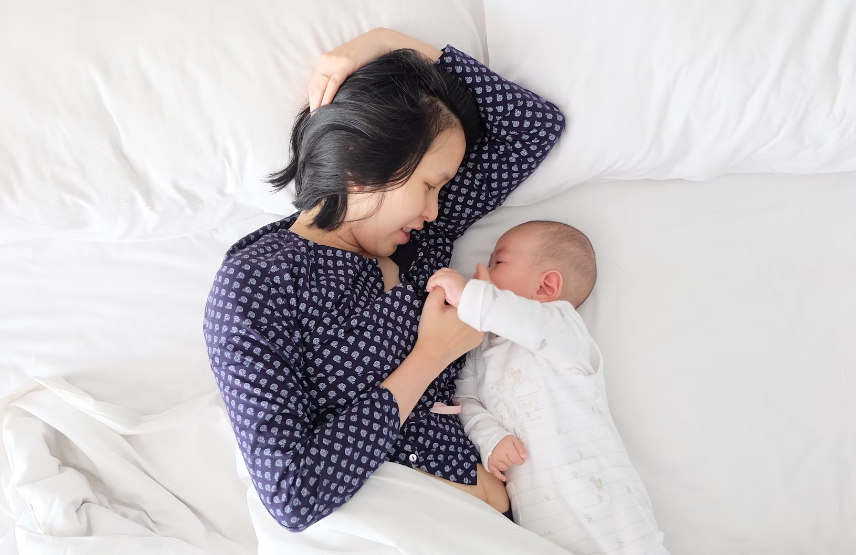Billionaire Offers $75.000 Bonus to Have Babies in South Korea

© kevin liang / Unsplash
Would you be willing to have a baby for a $75.000 bonus? South Korea has been facing a declining birth rate in recent years, leading to concerns about the country’s future population growth. To encourage more people to have children, this billionaire has come up with a unique incentive that has captured the attention of the nation.
South Korea’s Declining Birth Rate
South Korea’s government is spending heavily to counteract its shrinking population. The average number of babies per woman has dropped to 0.72, below the 2.1 needed for population maintenance. The trend is particularly pronounced in Seoul, with a fertility rate of 0.55, the lowest in the country. Projections suggest a further decline to 0.68 by 2024.

Despite government initiatives such as childcare subsidies and cash payments upon childbirth, South Korean women face challenges in balancing work and family due to a workaholic culture and competitive work environment. This contributes to reluctance to have children, exacerbated by one of the worst gender pay gaps in the OECD.
CEO Is Offering $75.000 Employee Bonus to Have Babies
Billionaire Lee Joong-Keun, CEO of Booyoung Group construction firm in South Korea, has introduced a $75,942 bonus scheme for employees who choose to have a baby. This initiative aims to combat the country’s declining birth rates and has garnered significant attention and approval. Even those who had a baby before the introduction of the policy are not left out, as reports indicate that the founder and chairman of the group are also providing benefits to employees who started a family before the policy was implemented.
Why Is He Offering $75.000 as a Bonus to Have Babies?
The founder introduced the policy to address South Korea’s declining birthrate, fearing it could lead to severe societal challenges such as workforce shortage and national security concerns. Financial strain and work-life balance issues contribute to low birth rates. Employees with three or more children can choose between a childbirth incentive or public housing support. South Korea’s birth rate of 0.84 per woman is much lower than other Asian countries. The policy applies to both male and female employees in the 2,500-person workforce.

Would you accept a $75.000 bonus to have babies?
You might also want to read: Who Did Taylor Swift Gift $55 Million Bonuses to?


